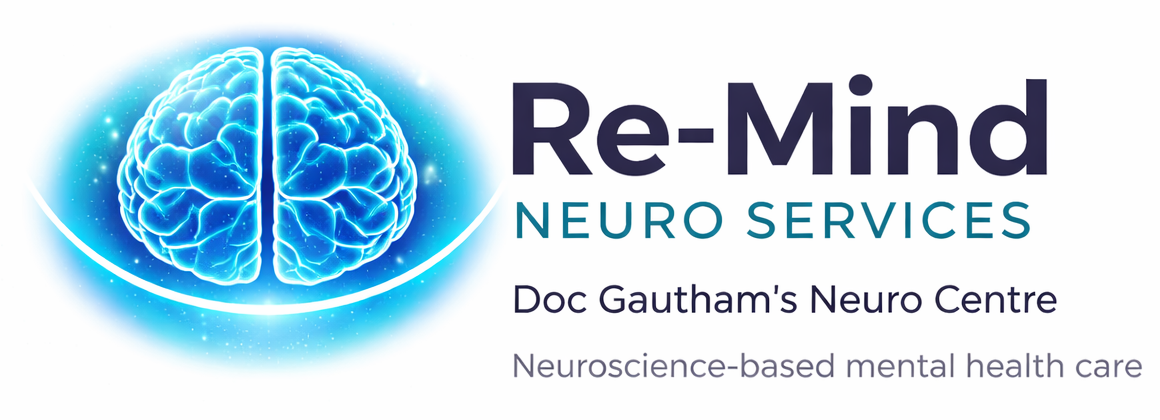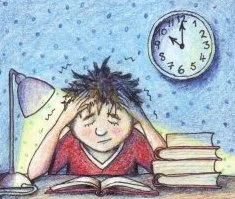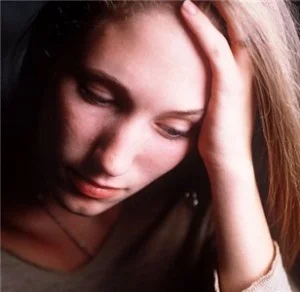Stress is a physical, cognitive, and emotional reaction of the body to the situations that demand change.
Symptoms of stress:
| BODY CHANGES | FEELINGS | BEHAVIOR |
| sweating | fear | avoidance |
| shaking | anger | criticism |
| hi blood pressure | depression | denial |
| racing heart | restlessness | escape |
| dry mouth | irritability | violence |
| choking sensation | insecurity | aggression |
| churning stomach | confusion |
Stress can trigger off other problems – headache, insomnia, difficulty in concentrating, and symptoms of mental or physical illnesses that you may be prone to. It is known that those under stress are more prone to all physical illnesses including infections, and stress causes illness like peptic ulcer, heart disease, high blood pressure, etc. Stress can trigger off any of the major physical illnesses, and some of the minor mental illnesses are also caused by stress.
If you do not manage your stress your body is always on red alert and, over time, leads to serious health problems.
EFFECTS OF CHRONIC STRESS
The pace of our lives makes stress management a necessary skill for survival. Learning to identify problems and implement solutions is the key to successful stress relief. The first step in stress relief is identifying stress triggers. Obvious causes of stress are — job loss, a divorce, the death of a loved one etc. However daily demands such as a long commute or trouble with children also contribute to stress levels.
Once the stressful situation has been identified, strategies to overcome it have to be identified. Sometimes, the solution may be as easy as hiring a taxi instead of driving yourself. When the stressful situation cannot be avoided brainstorming with friends and relatives to find ways to handle it, can result in a solution.
But with practice, you’ll learn how to reduce your stress level and increase your ability to cope with life’s challenges.
Some practical stress management techniques…
Never take alcohol/tobacco or medication for stress without the strict supervision of a psychiatrist. These can create a serious and damaging dependency.
Your brain has a natural alarm system. When it brain perceives a threat, the body releases hormones that prepare the body to meet the threat (fight-or-flight response). When the threat is gone, the body returns to normal. Unfortunately, the nonstop stress of modern life means that alarm system rarely shuts off leading to “Burn Out”. (More on understanding Stress and Burn out)
Acute Stress Reaction
An Acute stress is a reaction develops in response to severe stress, usually caused by one extremely upsetting incident with severe anxiety, detachment, disorientation, inability to concentrate and amnesia. Other symptoms include sweating, flushing, and trembling.
Affected persons express feelings of fear, and avoid any person, place or object that reminds them of the traumatic event that they have experienced, become detached from their surroundings, seem unaware of things around them. They may act as if they are in a daze and may exhibit a blank look. Their anxiety worsens, if they encounter these reminders of the trauma.
People suffering from acute stress may seem disoriented and confused. They may appear to have forgotten their own recent actions and repeat actions several times. They may become frustrated with their own confusion and become irritable.
Acute stress often causes people to try to keep themselves busy in order to avoid reliving the event or thinking about it. They may appear restless and unable to concentrate on one thing for a long period of time. Their inability to concentrate can be aggravated by flashbacks of the event.
Patients often exhibit complete or partial amnesia of the stressful event, and may be unable to recall important parts of the event or may appear to have forgotten the event entirely.
What you can do to deal with stress:
- Examine aspects of life and try to identify sources of stress.
- See what you can do to change these situations, or how you can by-pass the source of stress.
- Think of the skills you need to deal with situations, and practice them. In this way, you will increase your personal resources and not find situations so stressful.
- Learn methods of relaxation – frequent holidays, doing things you enjoy, favorite sports and hobbies, Yoga, meditation or music.
Treatment:
Medication may be required to being down the extreme levels of stress so that other techniques may be applied.
Special breathing exercises can bring about about quick relaxation for dealing with situations that make you feel stressed.
Progressive muscular relaxation which involves training the brain to distinguish between relaxed and tensed muscles in the body and control them, or
machine assisted relaxation methods, such as Brain Stimulation, biofeedback, and electrosleep, teach control over body tension.
A form of Psychotherapy called Cognitive Therapy will be of help in working through problems for people who have a constant stress factor in their lives.


